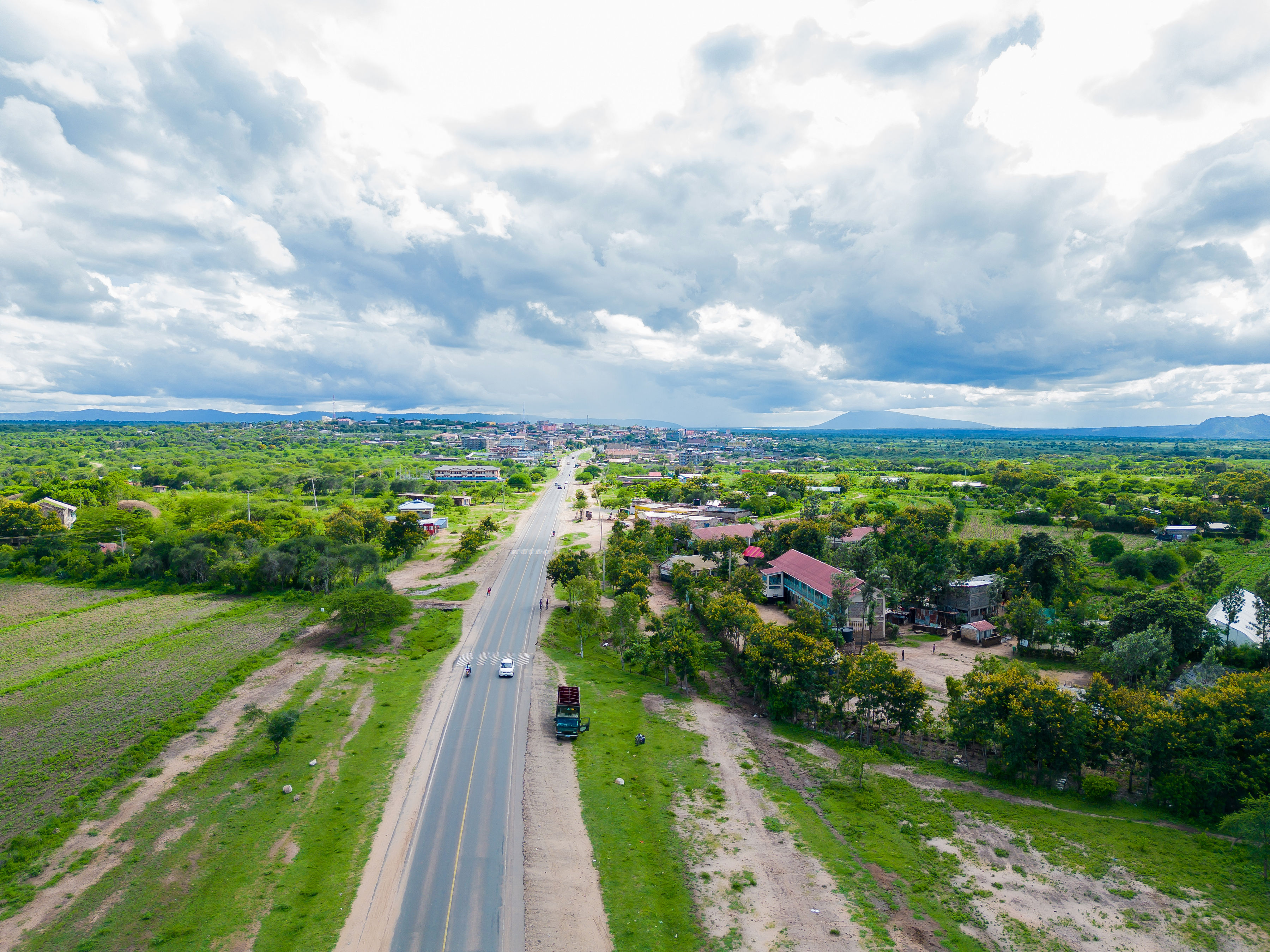Introduction
For Kenyans in the diaspora, investing in real estate back home is a popular strategy to build wealth and stay connected to one’s roots. However, buying land in Kenya as a diaspora investor requires careful navigation of the legal landscape, due diligence, and strategic planning. Here are key tips to help you make sound investment choices and secure land ownership in Kenya.
Work with Reputable Professionals
Hiring reputable professionals such as Milescoop Ventures property advisors is essential to help you navigate the Kenyan real estate market remotely. Engage a licensed real estate agent such as Milescoop which is familiar with the local market and has a track record of working with diaspora clients. Additionally, a trustworthy lawyer with expertise in property law is invaluable for handling contracts, verifying ownership, and ensuring all transactions meet regulatory standards. By working with verified professionals, you reduce the risk of falling victim to common land scams or misunderstandings about the legal requirements.
Conduct Thorough Due Diligence
Due diligence is crucial to ensure that the land you are purchasing has a clean title, clear boundaries, and no existing disputes. Request a title search from the Ministry of Lands to confirm that the land is registered in the seller's name and check if there are any encumbrances, such as loans or caveats, on the property. Additionally, consider visiting the land personally or sending a trusted family member or local agent to inspect the location and confirm its size, accessibility, and potential for development. Due diligence also includes understanding the zoning regulations and verifying that the land is suitable for your intended use, be it residential, commercial, or agricultural. Milescoop Ventures Ltd can handle for you the process without you being physically present.
Secure Financing and Plan for Associated Costs
When purchasing land from abroad, plan for all associated costs, including the purchase price, legal fees, stamp duty, and any fees for permits or registrations. Additionally, have a clear financing plan, whether you're paying in cash or using a mortgage or diaspora financing options offered by Kenyan banks. Some Kenyan banks provide mortgage options specifically designed for Kenyans in the diaspora, offering financing in different currencies to accommodate your earning location. Ensure your financial plan considers currency exchange rates, potential inflation, and other unforeseen expenses, such as fencing or initial development work, so that your investment remains viable and within budget.
Understand the Land Control Board (LCB) Process and Tax Obligations
In Kenya, most land transactions in rural areas require approval from the Land Control Board (LCB), especially if the land is classified as agricultural. Both buyer and seller are typically required to attend an LCB meeting to secure consent for the transfer of ownership. As a diaspora investor, you can assign power of attorney to a local representative to handle this on your behalf. Additionally, understand your tax obligations, such as capital gains tax on property transfers and annual land rates, which are determined by county governments. Familiarity with tax requirements and deadlines will help you avoid penalties and ensure a smooth transaction process. Define your long-term goals and choose land in an area that aligns with your investment vision. For instance, areas near infrastructure developments, such as new highways, business parks, or universities, often appreciate in value faster than remote locations. Investing in areas with a high potential for growth can yield better returns if you plan to sell the property or develop it in the future. Additionally, take security measures to protect your investment, such as fencing the land, installing visible signage indicating ownership, and maintaining updated documentation of all transactions and titles. Regular monitoring of the land, either personally or through a trusted local agent, can help prevent encroachment or unauthorized use.
← Back to Blog